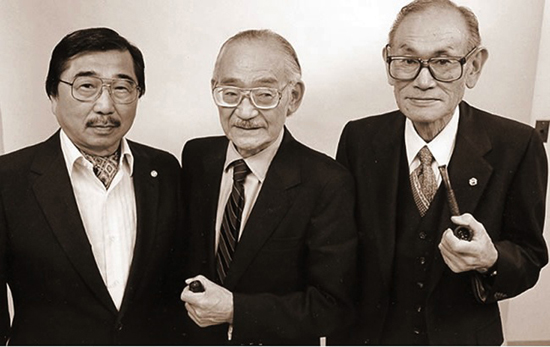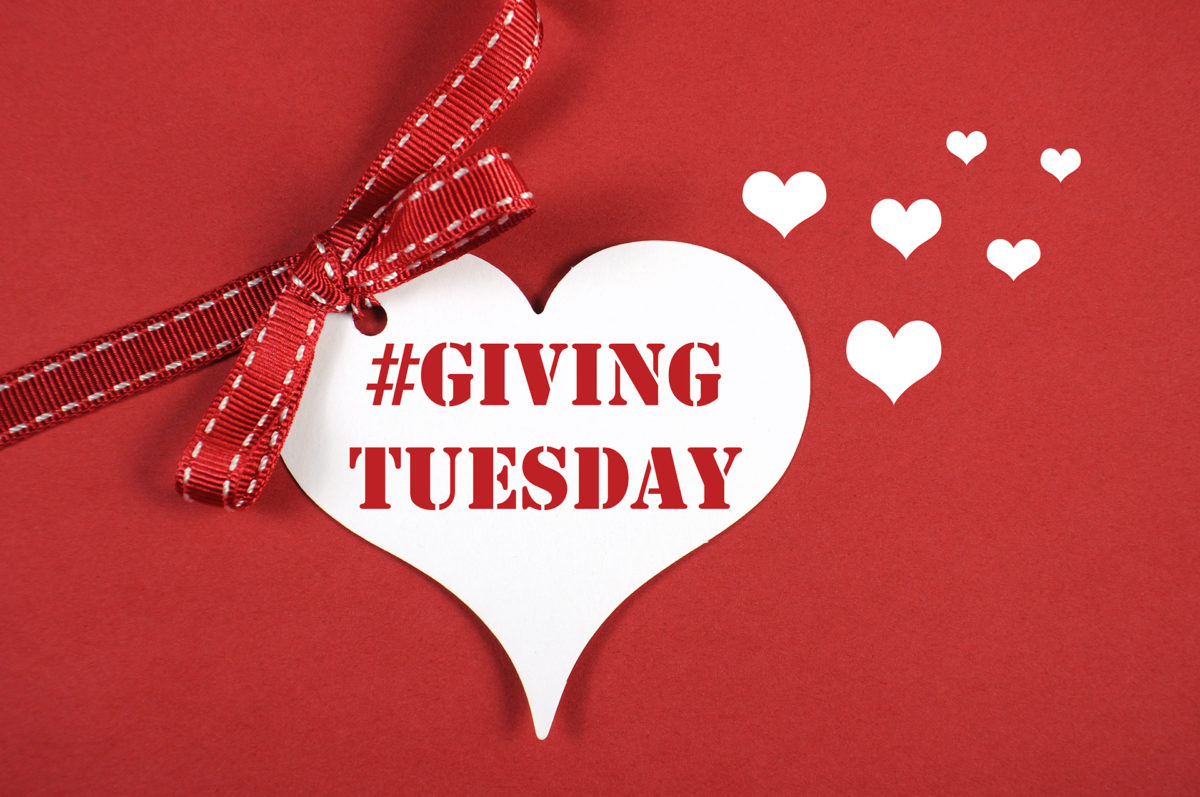
In an historic move, the families of Gordon Hirabayashi, Minoru Yasui, and Fred Korematsu — the three men behind three landmark Supreme Court cases that challenged the constitutionality of Japanese American incarceration (JACL’s Power of Words) — filed a joint amicus brief to the Supreme Court yesterday paralleling President Donald Trump’s Muslim ban with the forcible imprisonment of Japanese Americans in camps during World War II.
In 1942, Gordon Hirabayashi and Minoru Yasui filed separate Supreme Court cases challenging the constitutionality of a federally-imposed curfew on Japanese Americans, a precursor to removal orders that led to the World War II incarceration of Japanese American citizens. That same year, Fred Korematsu was arrested after he refused to report for removal and relocation orders, and his appeal of that arrest formed the basis of his Supreme Court challenge of Executive Order 9066. These three cases — along with the Ex Parte Endo decision — form the bulk of the Supreme Court case history on federal targeting of specific racial or ethnic minority groups under the auspices of national security.
One need not try too hard to see the relevance of this case history on today’s fight to stop Trump’s attempt Muslim travel ban.
Japanese American incarceration is widely believed to have been misguided and wrong — rationalized more by racist stereotypes of Japanese Americans as perpetually foreign and disloyal than by any credible evidence that they posed a military threat. Such racist thinking was used to motivate the relocation and imprisonment of nearly 120,000 Japanese people, many American citizens, in hastily-erected camps behind barbed wire fences and under armed guard. It would be three years before the camps were closed, and decades more before the federal government faced any kind of real reckoning on them.
Indeed, we might forget that the Supreme Court ruled in all three of the Hirabayashi, Yasui, and Korematsu cases that the federal government did not act unconstitutionally in targeting and incarcerating Japanese American citizens. In Ex Parte Endo, the Supreme Court ruled that Japanese American citizens could not continue to be detained after they had proven their loyalty, but the Court did not address the constitutionality of incarceration itself. And while the Department of Justice and Congress have since officially apologized for Japanese American incarceration, the Korematsu decision remains the last Supreme Court statement on the topic (a coram nobis filing that the government had failed to present key evidence that would have vindicated Japanese American incarcerees notwitstanding). The Court’s original 1943 ruling in support of the federal government in Korematsu still leaves open a legal rationale for the federal government to once again target racial or ethnic minorities for restricted movement and forcible relocation in the future. In his dissent in the Korematsu case, Justice Robert H. Jackson said in 1943 that the majority’s support of the federal government’s position was “a loaded weapon ready for the hand of any authority who could put forth a plausible claim of an urgent need.”
Echoing that sentiment, in 2014, the late Justice Antonin Scalia told students at the University of Hawaii’s law school that “[the Supreme Court’s] Korematsu decision was wrong… but you are kidding yourself if you think the same thing will not happen again… I would not be surprised to see it happen again, in time of war. It’s no justification but it is the reality.”
That wartime rationale of an “urgent need” that Justice Jackson warmed of has now resurfaced as the Trump administration repeatedly attempts to legalize travel restrictions against Muslim visitors and refugees to America. President Trump’s most recent attempt to institute a travel ban against those from predominantly-Muslim Middle Eastern countries is before the Supreme Court, who will consider whether Trump overstepped his presidential power in attempting to implement the ban. Yesterday, the children of Gordon Hirabayashi, Minoru Yasui and Fred Korematsu partnered with several civil rights organizations to file an amicus brief urging the Supreme Court to rule against Trump’s Muslim travel ban.
From the brief:
By refusing to scrutinize the government’s claim [in Korematsu v. United States] that its abhorrent treatment of Japanese Americans was justified by military necessity, the Court enabled the government to cover its racially discriminatory policies in the cloak of national security.
In [the case of Trump’s Muslim ban], the Court is once again asked to abdicate its critical role in safeguarding fundamental freedoms. Invoking national security, the government seeks near complete deference to the President’s decision to deny visas and suspend the entry of refugees from six Muslim-majority nations. Although the government claims it is merely asking for the application of established legal principles, the extreme deference it seeks is not rooted in sound constitutional tradition. Rather, it rests on doctrinal tenets infected with long-repudiated racial and nativist precepts. In support of the sweeping proposition that the President’s authority to exclude aliens is unbounded, the government previously invoked the so-called “plenary power” doctrine — a doctrine that derives from decisions such as Chae Chan Ping v. United States, 130 U.S. 581 (1889), which relied on pejorative racial stereotypes to eschew judicial scrutiny in upholding a law that prohibited Chinese laborers from returning to the United States after travel abroad.
In its briefs before this Court, the government has changed its words but not its message nor its impact.
“Rather than repeat the injustices of the past,” states the brief, the Court “should heed the lessons of Korematsu, Hirabayashi, and Yasui. Blind deference to the Executive Branch… is incompatible with the protection of fundamental freedoms.”
The immorality and unconstitutionality of World War II Japanese American incarceration is obvious, but the same thinking that was used to create the camps more than 75 years ago has once more reared its ugly head. Now is the time for us to stand steadfast against the political tides that would have history repeat itself.
Please read the full press release for more information on the brief. You can also join Karen Korematsu, Holly Yasui, and Jay Hirabayashi in keeping their fathers’ legacy alive by joining their call to action. Korematsu, Yasui and Hirabayashi are urging all of us to sign our names to this call to action, and to tell our stories through #StopRepeatingHistory and #NoMuslimBanEver. For more call-to-action ideas, check out the website here.
Correction: An earlier version of this post misattributed the header photo to Steven Okazaki and Rafu Shimpo. The photograph was actually taken by Bob Hsiang of Bob Hsiang Photography. He has granted limited usage of the photo for this post, and all other usage requests should be directed to him via his website. I apologize for the error.

